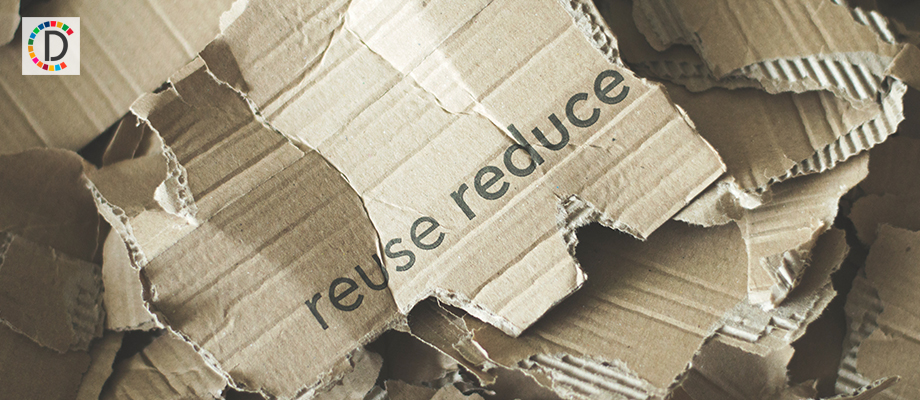ANALYSIS-Tycoon Slim's business in spotlight after Mexico train collapse
Inquiries will reach "wherever the investigation led" a spokesman for the attorney general's office told Reuters, when asked if that included the builders. The head of Mexico City's public works department, Jesus Esteva, identified Carso as the contractor in charge of the section where the accident happened.

Mexican billionaire Carlos Slim's construction arm Grupo Carso faces scrutiny from accident investigators for the possible role it played in the building of a metro railway line that collapsed this month, killing 26 people.
While no officials have blamed Carso or any of the other companies involved in the construction of the line for the accident, the Mexico City attorney general's office said the probe it is leading would encompass everything from design and construction of the metro's Line 12, the materials used, and cost overruns. Inquiries will reach "wherever the investigation led" a spokesman for the attorney general's office told Reuters, when asked if that included the builders.
The head of Mexico City's public works department, Jesus Esteva, identified Carso as the contractor in charge of the section where the accident happened. "The information we have is that it is Carso," Esteva told Mexican radio station Grupo Formula earlier this month. "That's the information provided to us by the Metro."
Mexico City's public works department declined a Reuters request for comment or an interview with Esteva, but said his comments to Grupo Formula were correct. The city's investigators said they will be accompanied by Norwegian external auditor DNV in determining what happened on Line 12, built by a consortium of Mexico's ICA, Slim's Grupo Carso and French trainmaker Alstom.
Carso declined to comment on whether it had erected the section that collapsed. It also declined to comment on the potential consequences of the investigation and has not publicly said which parts of the rail line it built. A spokesman for Slim, Latin America's wealthiest man, declined to comment on questions about Carso's work on Line 12.
A Metro official shared with Reuters a screenshot of an undated Metro document titled "general characteristics of the line" that showed Carso built the section. The official declined to comment further. ICA also shared another document with Reuters with a graphic showing it had built sections of Line 12 spanning 15 stations, and Carso five. Carso's section included where the track fell by the Olivos station, according to the undated document.
Responding to questions from Reuters, Alstom said the consortium was "led by ICA" and that its role was "limited to power supply, signaling, monitoring and control systems and some depot equipment, as well as testing and commissioning of some electromechanical and track-work-sub-systems." Alstom did not address what Carso's role had been.
Reuters could not establish how far the initial investigation into what caused the bridge to collapse has proceeded but Mexico City Mayor Claudia Sheinbaum told reporters last week it would be completed in five weeks. "I'm sure we'll soon have the verdict on what went wrong, if the builder did a bad job...if it was due to lack of maintenance, if it was subsidence that caused the section, the steel girder, to fracture," President Andres Manuel Lopez Obrador told a news conference last Wednesday.
Equities analyst and consultant Carlos Hermosillo said the potential fallout from the investigation, such as possible fines for the builders of the line, would be unlikely to have a major impact on Carso given its size. But he said there was a potential risk Carso and the other companies in the consortium could be kept out of future public projects if the probe found they carried blame for the accident, Mexico's biggest train crash in years.
Carso shares have moved little since the incident. Carso said in a statement the day after the incident it stood in solidarity with the crash victims, and would wait for expert opinion on the accident.
Line 12 had repeatedly been reviewed and declared safe by officials since it opened in 2012, but problems led to partial shutdowns from 2014 to 2015 for repairs. Audits from the city comptroller's office resulted in sanctions for 38 officials over a range of irregularities including delivery of unfinished works. In one report commissioned by the city, engineering consultancy Systra found planning, design, construction, operational and maintenance failures, and placed responsibility on the construction companies as well as the Metro.
The consortium of ICA, Carso and Alstom, in a statement shared with media in 2014, denied wrongdoing, saying the finished line met specifications set by the city government for the project. Any companies found responsible for the collapse are likely to be asked to provide compensation to people injured in the accident, and to the families of those who died, said Sergio Alcocer, an engineering expert at the National Autonomous University of Mexico. An official from the federal judiciary council confirmed to Reuters that the investigation could lead to monetary damages paid to victims and relatives.
The media have also asked former Mexico City mayor Marcelo Ebrard, the current foreign minister who oversaw the opening of Line 12 in 2012, and current mayor Sheinbaum, about what responsibility they might bear after the accident. Ebrard was in office during the project's construction and inauguration, while Sheinbaum's administration has carried out the most recent inspections and maintenance on the line. Both have urged the public to await the outcome of the investigation. Both are allies of Lopez Obrador and seen as potential presidential candidates in 2024.
(This story has not been edited by Devdiscourse staff and is auto-generated from a syndicated feed.)










